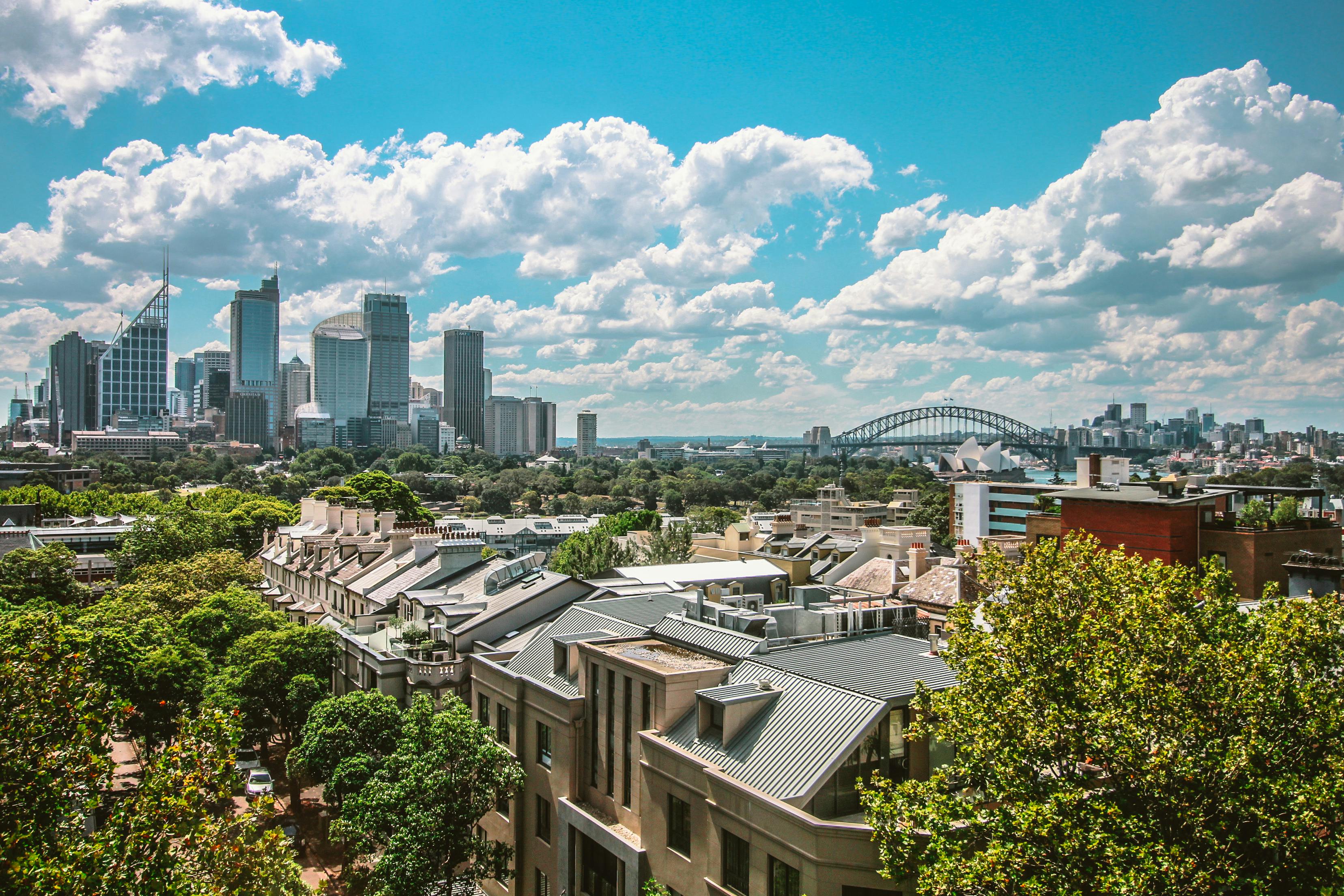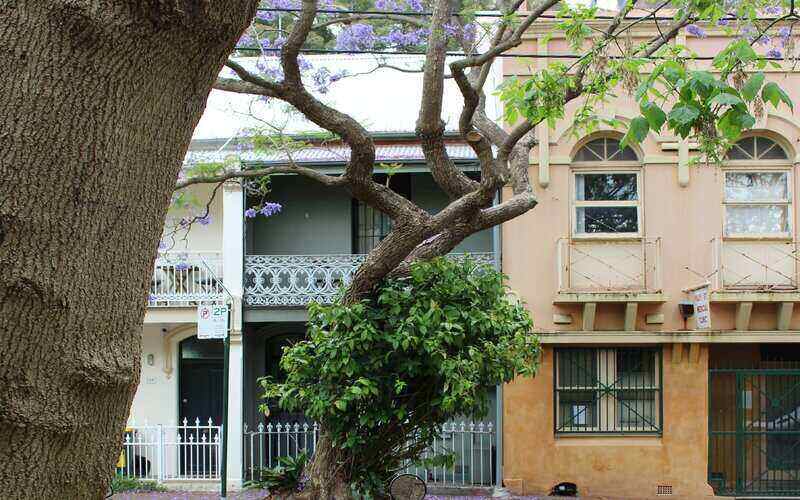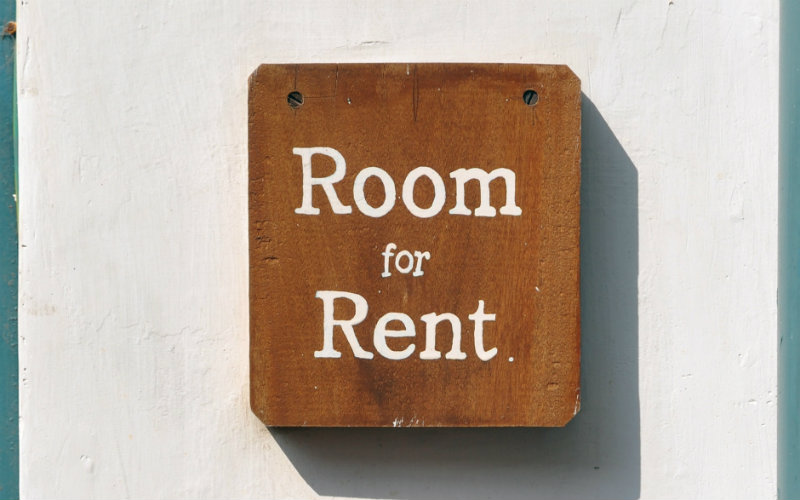Depending on where you look, dark clouds appear to have gathered over Australia's property market.
Major banks like Commonwealth Bank, NAB, ANZ and research firms like SQM have predicted a "worst-case" property price falls as high as 32%, with the two biggest property markets - Sydney and Melbourne - to be the worst-affected.
Meanwhile there's been a drastic shift in property price expectations among buyers.
Switzer Financial Group found that in February, 66% of Australians thought property prices would rise over the next 12 months. In May, that number fell to 10%.
But Australia doesn't have the singular property market, and is instead comprised of many different ones.
Buyers agency Propertyology has completed a new research report ranking the eight different capital city property markets in terms of their 12-month outlook.
Here's how each capital city ranked:
Canberra ranked as the hottest capital city to buy in
According to Propertyology's Head of Research Simon Pressley, Canberra has the best outlook of Australia’s eight capital cities over the next 12 months.
"Since early March, when this annoying germ disrupted every Australian’s life like never before, the focus within the real estate sector has largely turned towards the direct impact of COVID-19," Mr Pressley said.
"Understandably, Propertyology is regularly asked how this changes the outlook for capital city property markets.
"Canberra has shot to the top of capital city rankings. The primary reason for Canberra’s housing market elevation is an anticipated lower economic impact from COVID-19."
Mr Pressley says Canberra performs well because it had strong property market fundamentals pre-COVID-19 (such as employment figures, infrastructure and development projects etc.) as well as a strong outlook post-COVID.
"Canberra’s economy was already strong before the germ arrived. And with approximately 100,000 of its 213,000 workforce in the public sector, it will be significantly shielded through the COVID job lock-down period," he said.
"Logic would also suggest an expansion of Canberra’s public sector workforce will be needed to help administer the federal government’s record $320 billion COVID-19 support packages."
|
Ranking |
Pro’s |
Con’s |
|
Canberra |
|
|
Source: Propertyology
Brisbane in second spot
Propertyology thinks Brisbane will be the second hottest capital city property market in the coming months.
"Brisbane’s property market is in second spot. Propertyology has been publicly critical of our home city on more than one occasion over recent years - proof of our impartiality - and we remain unchanged from our long-held view that Brisbane’s soft private sector job growth is an important missing link for otherwise solid fundamentals," Mr Pressley said.
Reasons to buy in Brisbane include affordable housing compared to other capital cities and a balanced supply of housing.
|
Ranking |
Pro’s |
Con’s |
|
Brisbane |
|
|
Source: Propertyology
Daylight separating Hobart, Adelaide from Brisbane
Adelaide and Hobart come in third and fourth place respectively, although there is some distance between second-placed Brisbane, the report says.
"Hobart – where Propertyology stopped investing in 2016 – still has reasonable medium-term credentials, including this month’s commitment from the state government to embark on the biggest construction program in the state’s history," Mr Pressley said.
|
Ranking |
Pro’s |
Con’s |
|
Adelaide |
|
|
|
Hobart |
|
• COVID-19 impact on international students, • COVID-19 impact on international tourism |
Source: Propertyology
Perth a risky fifth
According to Propertyology, Perth may well be the best-performing capital city over the next couple of years, but represents a higher degree of investment risk due to its "distinct lack of economic diversity".
"Perth's heavy economic reliance on mining is a concern at the best of times but, China purchases more than 50% of Western Australia’s exports so Perth will always be highly susceptible to a no-notice property market downturn," Mr Pressley said.
"Those contemplating investing in Australian real estate can do better elsewhere."
Darwin also fares fairly poorly in sixth, with Propertyology citing a concerning decline in population as a key metric.
Both Perth and Darwin are the only two capital cities to record an annual decline in median prices according to CoreLogic's latest Home Value Index results.
|
Ranking |
Pro’s |
Con’s |
|
Perth |
|
|
|
Darwin |
|
|
Source: Propertyology
Melbourne and Sydney in last place
Australia's two largest property markets which have been the focus of the majority of property price reports over the recent months, Sydney and Melbourne, sit comfortably in last place.
According to Propertyology, these two cities have drawn the "COVID-19 property market quadrella" of:
- Large exposure to international tourism
- Large exposure to international students
- A freeze on overseas migration
- Australia’s highest household mortgages
|
Ranking |
Pro’s |
Con’s |
|
Melbourne |
|
|
|
Sydney |
|
|
Source: Propertyology
While Mr Pressley believes that median house prices in the higher ranking cities could rise following a successful reopening of the economy, the same can't be said for Sydney and Melbourne.
"On the balance of probability, the median house price in Sydney and Melbourne is likely to produce single-digit declines over the next 12-months," he said.
"The most vulnerable parts of their markets are inner-city apartments, university precincts, hospitality hubs and luxury homes."
Housing and construction is expected to contribute significantly to Australia's economic recovery in 2020 and beyond - economic modelling commissioned by Master Builders Australia found a $40k uncapped new home building grant could create over 100,000 new jobs and add $30 billion to the economy.
Propertyology's report says record low interest rates and sensible credit policy will continue to support housing demand in Australia.

Ready, Set, Buy!
Learn everything you need to know about buying property – from choosing the right property and home loan, to the purchasing process, tips to save money and more!
With bonus Q&A sheet and Crossword!



 Harry O'Sullivan
Harry O'Sullivan
 Bea Garcia
Bea Garcia
 Denise Raward
Denise Raward

 Rachel Horan
Rachel Horan

